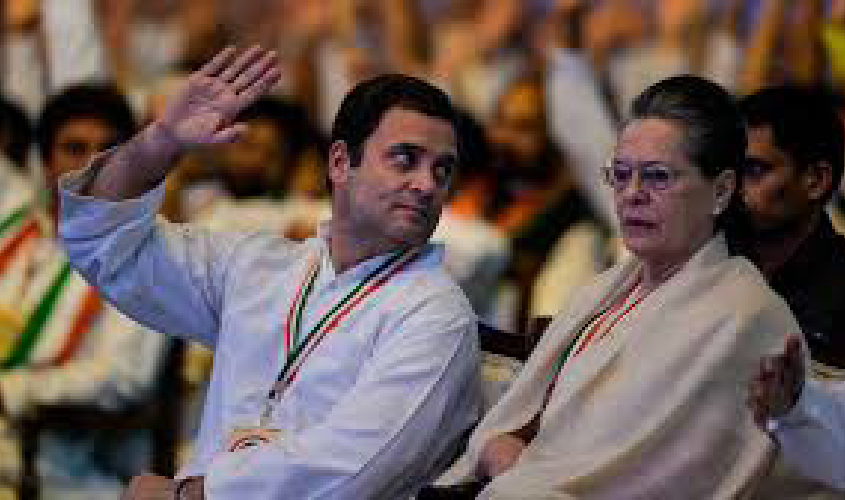With corporate funding nearly drying up, Congress seems to be shifting to crowd-sourcing money for its survival. However, a close study of Congress’ maiden attempt at crowd-sourcing during the Karnataka Assembly polls shows that the exercise is not going to be easy. The observations from the maiden attempt, reported back to senior leaders, list many challenges.
Dr Yogesh Babu, a PhD scholar, was chosen by Congress president Rahul Gandhi to take on Bharatiya Janata Party’s B. Sriramulu in the Molakalmuru constituency in the recently concluded Karnataka Assembly elections. Sriramulu, who has been an MP from Bellary, contested on two seats, Molakalmuru and Badami. In Badami, Sriramulu took on former Karnataka Chief Minister Siddaramaiah, who barely managed to defeat Sriramulu by a margin of 1,696 votes, but lost in Chamundeshwari.
In order to emphasise the Congress candidate’s “clean” image versus Sriramulu’s proximity to the “corrupt” Reddy brothers, Rahul Gandhi had announced that election funds for Dr Babu would be crowd-sourced.
However, if election results in Molakalmuru constituency are anything to go by, it does not seem that crowd-sourcing helped Dr Babu. BJP’s Sriramulu received 84,018 votes, which was 43.63% of the total votes polled, while Congress’ Dr Babu received 41,973 votes, which was 21.80% of the total votes cast in the Molakalmuru constituency. Sharing Dr Babu’s crowd-sourcing experience with The Sunday Guardian, one of his close aides explained, “It was Rahul Gandhi’s idea. Since Dr Babu was up against the Reddy brothers, it was crucial for us to emphasise Congress’ clean politics compared to BJP’s corrupt candidate. Crowd-sourcing for us was a narrative tool. We were trying to drive home a point. And I think it did help us.”
Crowd-sourcing for Dr Babu had started on 6 May and lasted for four days in which Congress was able to collect Rs 11 lakh, while Rahul Gandhi had a target to crowd-source Rs 27 lakh. The money was donated largely by individuals and not organisations and came from states other than Karnataka as well. Sources said that close to 200 individuals donated money for Dr Babu.
A member who undertook crowd-sourcing for Dr Babu said, “We also received a donation of Rs 25,000 from Kashmir. Rahul Gandhi’s tweet had helped us spread the word easily. Collecting Rs 11 lakh did not prove difficult at all, but reaching the original target of Rs 27 lakh was clearly beyond us.”
The money was collected through a separate link that was generated on the All India Congress Committee (AICC) website for making donations to Dr Babu. Minimum donation could be made for Rs 1,000 and maximum for Rs 25,000, which was received only from 8-10 individuals. Other than this, the popular range was Rs 5,000 and Rs 10,000, apart from Rs 1,000.
The key takeaways from the Congress’ maiden attempt at crowd-sourcing that were reported back to the AICC were that, first, narrative played a crucial role—given that Dr Babu’s USP was his image of an educated, clean man, people were inclined to donate for him. Second, timing matters, given that crowd-sourcing was being done for an individual candidate, the list of candidates needed to be finely timed in order to start requesting people to donate as they are likely to make donations only when the election was round the corner. The third conclusion was that crowd-sourcing is beneficial in the long-term as it can take India’s electoral funding towards more transparency; however, it does not pay up much in short-term. A source explained: “The challenge is to make people donate money for the party round the year and not just before the elections or for a single candidate. Even if you collect enough money, but do not have enough days left to campaign, then it is a waste.” While party stalwarts have maintained silence on how the Congress intends to use crowd-sourcing to run a national political party, sources in the party have said that Congress has already started to receive funds through its mobile application.

